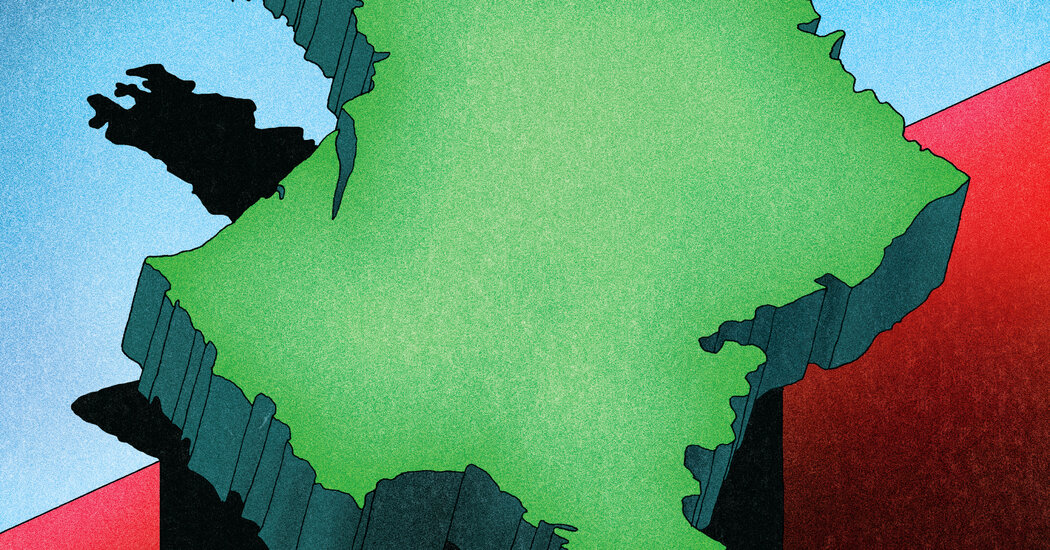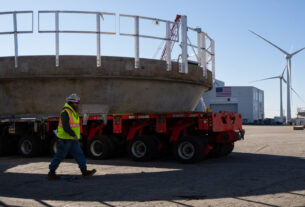They answered the call, left-wing voters especially. According to a poll, in duels in which either Mr. Macron’s allies or conservatives faced National Rally, seven in 10 left-wingers turned out for the anti-Le Pen candidate, with most others abstaining. The front held less well in duels between the left and Ms. Le Pen’s party: About half of Mr. Macron’s supporters backed the left, and one in six voted for the far right. The result, though, was stark. In seat after seat, the far right’s strong position wasn’t enough to overcome its combined opponents.
The strength of this mobilization was especially remarkable, given the mixed messages from government figures. In the days after the first round, the president’s camp split between those who called for a vote for any anti-Le Pen candidate and others who refused to stand down in favor of Jean-Luc Mélenchon’s France Unbowed — the biggest and most radical force on the left. Many on the center–right called on voters to block both Mr. Mélenchon and Ms. Le Pen, undermining the suggestion that the main issue was to stop the far right.
The New Popular Front is far from united. Mr. Mélenchon — who does not have a seat in Parliament — has tumultuous relations with the center-left Socialists and Greens, as well as the Communists, who will all want to avoid his taking the lead. On Sunday night, center-left figures in this camp gestured toward the need for broader dialogue and a change of political culture, already hinting at a rapprochement with Mr. Macron and a split with the more radical left. The New Popular Front, with barely a moment to enjoy its success, may soon begin to splinter.
Yet the problem runs deeper than bickering among parties. While the far right was stopped — as it was before in France — it has still advanced significantly. In parliamentary elections, the party has historically performed poorly because of its weak local roots: In recent decades it had only a handful of deputies. Now it has 143, a historic high. It will fight the 2027 presidential election from a much stronger starting point, including through an expansion of its support into the mainstream right-wing electorate.
That support is considerable. Since 2022, National Rally — which has long had a strong base among blue-collar workers — has nearly doubled its support among white-collar employees, so-called midranking professionals and top managers. Its vote still tilts toward low-income and less-educated people, but it is rising fastest among those earning over 3,000 euros a month. Its more recent messaging — summed up by Mr. Bardella’s offer “to restore order in the public accounts, as well as in the streets” — resonates with homeowners and people with middle-income jobs. The party’s rise derives not from a working-class revolt, as some would have it, but from the support of a widening cross-section of French society.





